In order to understand how representative democracy works, it must be researched. The IParl therefore conducts fundamental, realistic and practice-oriented research. In various projects, data on selection and election of MPs, their work in parliament, representation and other democratic institutions is gathered and analyzed. These findings contribute to a deeper understanding of political processes.

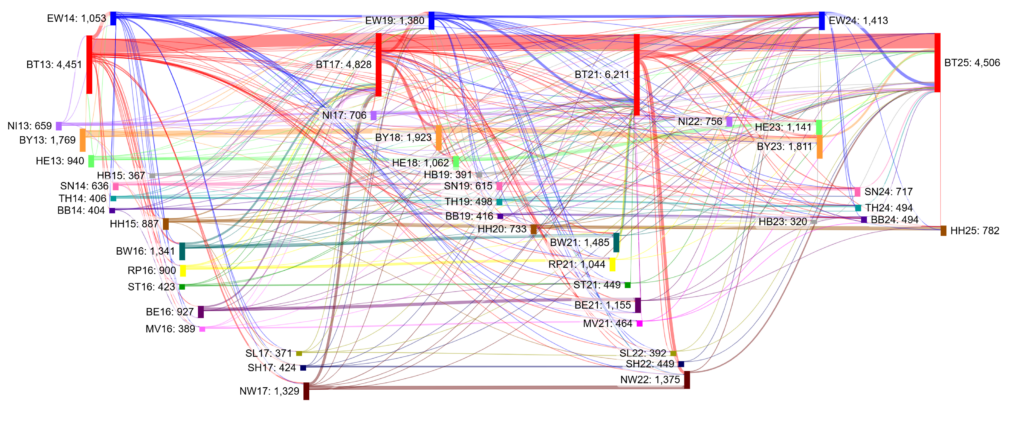
There are no elections without candidates. The candidates nominated by the parties therefore play an important role in the success of elections and parliamentary democracy as a whole by giving voters a choice. For the candidate selection project we analysed who got nominated by whom and why. Building on these findings the CandiData project investigates the long-term developments in candidate recruitment. We ask for example, whether the candidate-pool is constantly renwed or whether always the same old faces run for election. Additionally we take into account the multi-level-framework of German elections on federal, european and state-level.
Representation - understood in the sense of Ernst Fraenkel as the right and duty to make binding decisions for the community - is the core task of democratic parliaments. At the same time, it illustrates the central role that a parliament plays as a legitimizing institution in the political system. This research topic is of particular importance in view of the many national and global challenges that parliamentarians and society as a whole are currently facing. As part of the COMPARE research project, the IParl is investigating how parliamentary representation works and succeeds. COMPARE is about the perspective of members of parliament from different countries on their roles and functions; we want to find out how they understand and exercise representation.

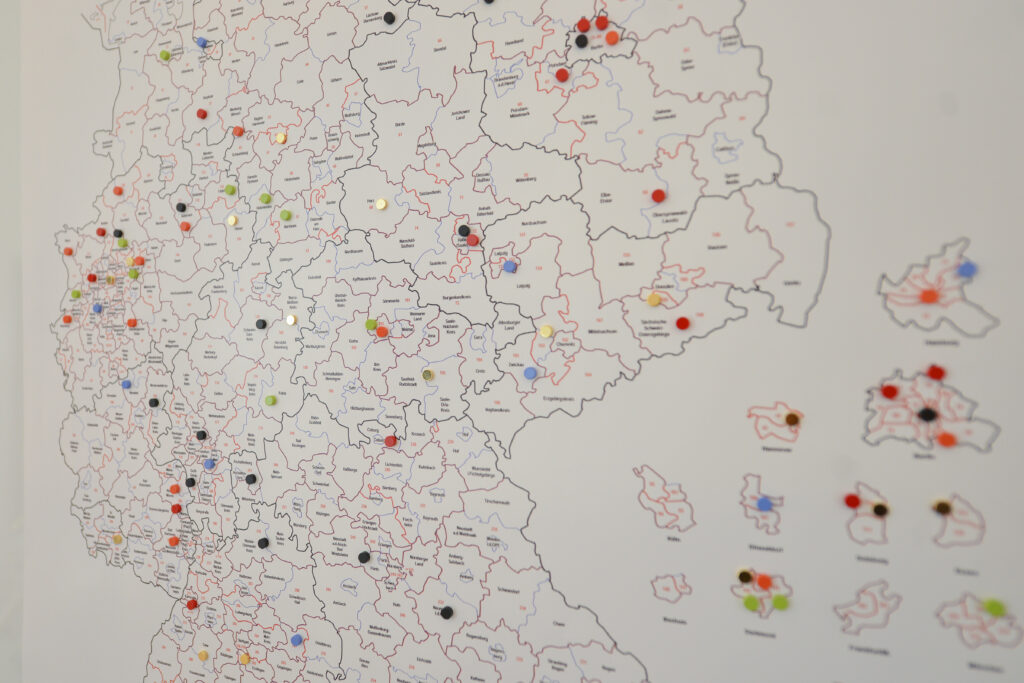
In its first research project, IParl was investigating the nomination of candidates for the 2017 Bundestag elections in the CDU, CSU, SPD, DIE LINKE and BÜNDNIS 90/DIE GRÜNEN, FDP and AfD parties. Applying a mixed-method-approach incoroporating quantitative and qualitative methods of empirical political research, the aim is to find out how the nomination procedures are organised, who is running, which criteria play a role and how recruitment practises differ between and within the parties.
Building on the project on the 2017 candidate nomination, the project examines the temporal organization of the nomination process in more detail in order to highlight intra- and inter-party differences as well as geographical similarities and differences. While analyses of temporal organization have already been carried out for various government systems and parliaments, they are lacking for the pre-parliamentary and intra-party space. This is all the more surprising as it is the parties who recruit personnel for parliamentary mandates and possibly government offices.

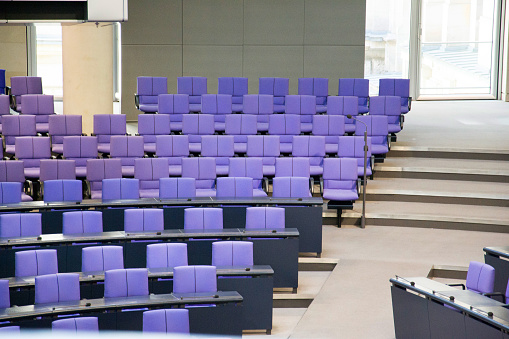
Parliamentary groups (PPGs) are the central organizational units of parliamentary politics. This applies to the German Bundestag, which is not characterized as a “PPG-parliament” for nothing, as it does to the vast majority of parliaments worldwide. In contrast, the political science debate on parliamentary groups continues to offer great desiderata, which will be addressed in this combined project. The parliamentary group project at the IParl examines three subjects: PPG rules of procedure, PPG changers and Non-PPG parliamentary Groups.
Around 40 per cent of the world's parliaments are bicameral. Second chambers can be found on every continent, in parliamentary as well as presidential systems, in federal as well as unitary countries, and in democratic as well as autocratic regimes: examples include the British House of Lords, the French Senate, the German Bundesrat, and the senates of Latin American countries and the United States. Nevertheless, the question of what they add to the systems in which they exist is often raised, sometimes to the point of questioning their very existence. Despite the importance of these debates, second chambers have rarely been the focus of political science research. The IParl aims to contribute to this discussion by undertaking a research project on representation in European second chambers.
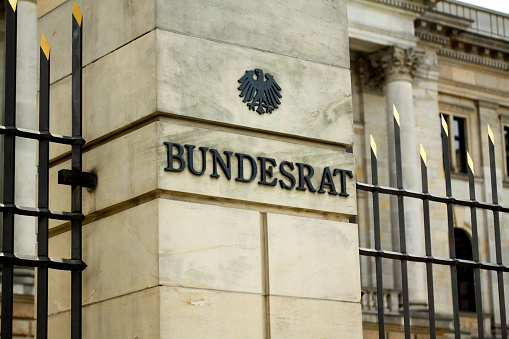

Sign up to receive updates, promotions, and sneak peaks of upcoming products. Plus 20% off your next order.